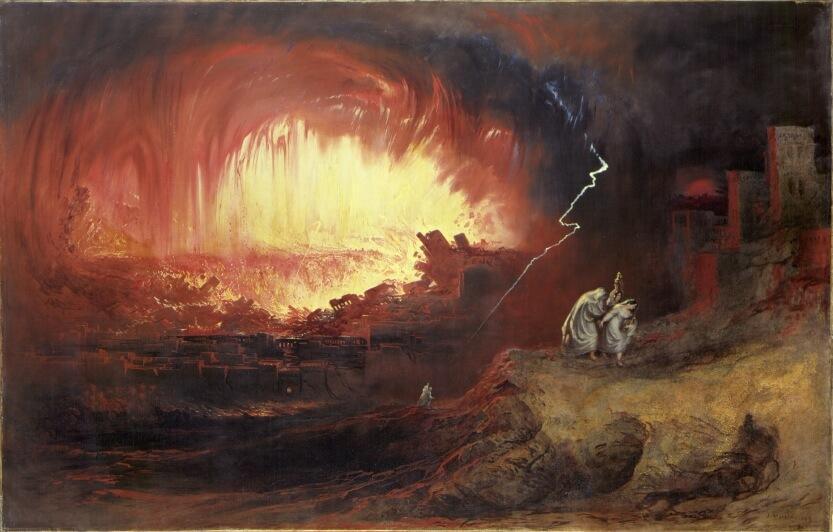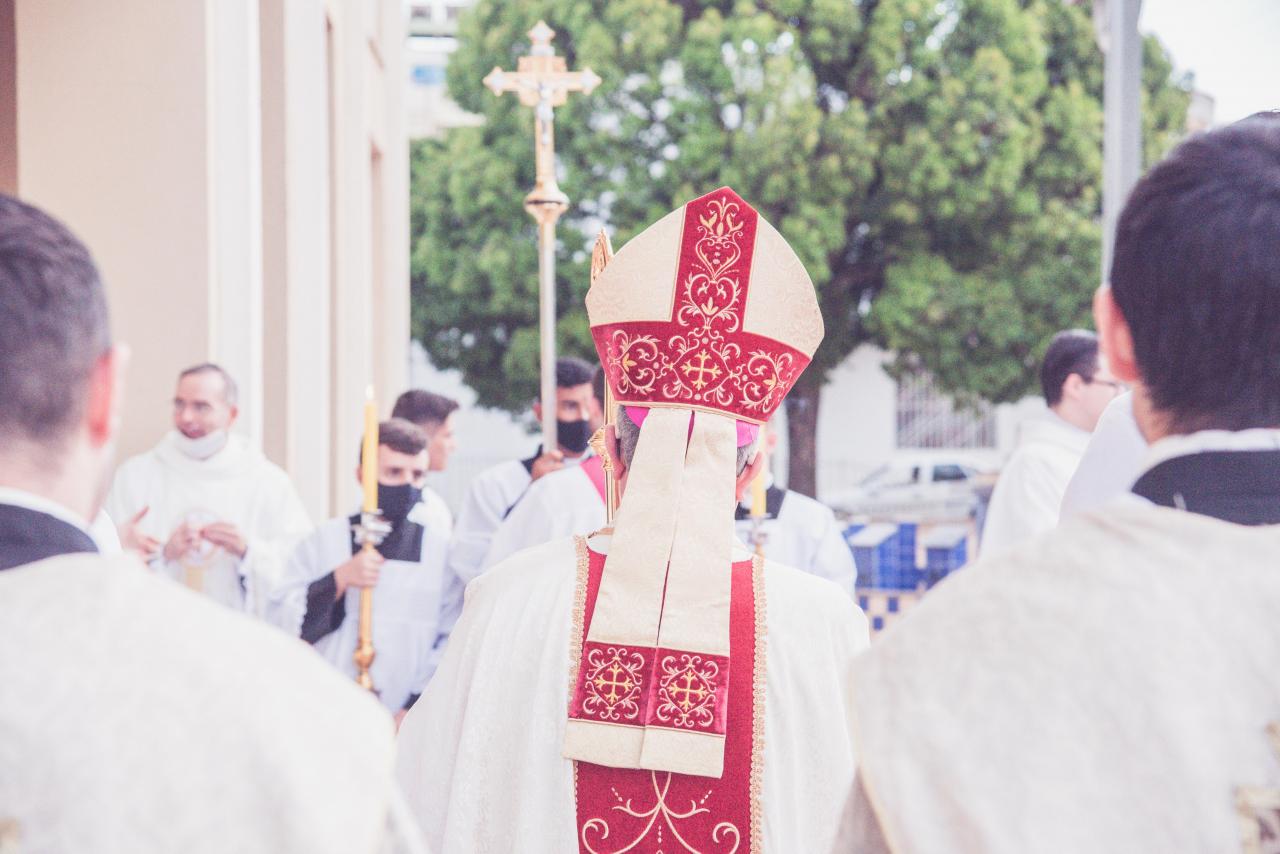Blog Search Results

Did you mean:
greek
?
51 results for Greek
found
within the Blog
6 displayed out of 51 (0.03seconds)Page 1 of 9

Does Jesus mean Hail Zeus?
Posted by Luke J. Wilson on 13th June 2016 in Etymology | apologetics,refuting nonsense,hail zeus,does Jesus mean Zeus,earth pig latin,etymology,linguistics
...d for the Greek god’s name, and the “Je” meaning “Hail”, therefore Jesus means “Hail-Zeus”. The whole 'argument' shows a total lack of even very basic knowledge in ancient languages which can be found from multiple sources online. See the image to the right for a breakdown of the Greek words for "hail" and "Zeus".
Another, similarly blasphemous argument, goes further to say that “Je-Sus” is a compound word, and that it means “Earth Pig” because in Latin, “sus” means “pig” or “swine” and the “Je-” means earth in Greek. Whilst the Latin part is technically correct the whole argument is wrong. For a start, “Earth” in Gre...
An Examination of Conditional Immortality (Part One)
Posted by Luke J. Wilson on 25th May 2020 in Hell | Conditional Immortality,Annihilationism,church fathers,church history,Hell,theology
...erate the Greek words instead. Not all the words get this treatment, and some still get presented as the word hell in English, for example, the NIV and NRSV will convert the word Gehenna into “hell”, but keep the Greek word Hades as-is (see: Matt. 5:22; 11:23).
The etymology of “hell” and its origins and how it became the word we know today in English, would take more time than I have space for here, but in short, there are three main Greek words which often get translated as the word “hell”, even though they are each different words with different underlying meanings:
GehennaLiterally means “valley of Hinnom”, which is a place near Jerusalem...
Lent Day 28: Athanasius: Life of Anthony: Chaps. 71-80
Posted by Luke J. Wilson on 1st April 2017 in Lent | Lent,great lent,fasting,early church fathers,devotional,daily reading,Athanasius,Bishop of Alexandria,Confessor,Doctor of the Church,Anthony the Great,miracles,Greek Philosophy,demons,healing,deliverance,the cross,foolishness of the cross
...which the Greek philosophers would come and listen to Anthony speak and how they would sometimes discuss things with him, or at other times would mock him and the message of the Cross. They came to mock Anthony because he had never “learned letters” and so was unable to read or write, so the Greeks thought he would be an unkempt and ignorant man, reared in the mountains and unable to reason properly.
Anthony vs Greek Philosophers
At one time during some event, Anthony noticed there were two Greek philosophers present (due to the way they were dressed), and so he approached them asking them why did they “come to a foolish man”, to which they said they d...
The Coming of Jesus: The Olivet Discourse – Part 1
Posted by Luke J. Wilson on 19th October 2014 in Second Coming Series | Second Coming,Return of Christ,Return of Jesus,Preterism,Prophecy,Last Days,Left Behind,Eschatology,Matthew 24,Olivet Discourse,birth pangs,Josephus,history
...nderlying Greek and/or better English translations. For example, this verse is translated as "end of the world" in the KJV, whereas all other Bibles you read will (hopefully) say "end of the age". The Greek word translated "world" in the KJV is actually the word aion, meaning "age" or "eon", which has completely different connotations than the destruction of the physical universe.
So the disciples have just been told that the temple will be destroyed, so their obvious question is when and how will be know it's about to happen?
Jesus answers them plainly by laying out everything that will happen in the run up to this massive event, and as we'll see, all...
What does the word "Catholic" mean?
Posted by Luke J. Wilson on 8th March 2021 in Etymology | catholic,church fathers,church history,etymology,roman catholic,eastern orthodox,Great Schism,Muratorian Fragment
...
For many people today, non-Christians and (low church) Christians alike, when they hear the word “Catholic”, certain images spring to mind: the Pope, the rosery, Catholic school, big old churches buildings, choirboys, maybe monks or statues of Mary even; and sadly more recently, sex abuse scandals.
But, generally speaking, all of these are actually aspects of Roman Catholicism — a particular branch of Christianity, and not what the word “catholic” truly means as we’ll see when examining how the early church used the word and what the original Greek word means.
καθολικός (katholikos)
The Greek word where we get the English word “c...
Biblical Inspiration and the Canon: How We Got the Bible
Posted by Luke J. Wilson on 28th February 2025 in Early Church | canon,nicea council,nicene council,myths,church history,church fathers
...from the Greek κανών (kanōn), meaning “rule” or “measuring rod.” In the context of the Bible, the canon refers to the official list of books recognised as divinely inspired and authoritative for faith and practice.
The canon developed over time as the early church recognised which writings carried divine authority. The Old Testament canon was largely settled by the time of Jesus, based on the Hebrew Scriptures used in the Jewish community. The New Testament canon, however, was formed through a process of discernment over several centuries, as the church recognised which writings were truly inspired and authoritative.
The Septuagint and the Deute...

